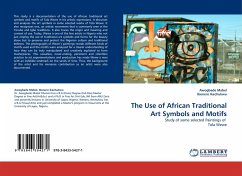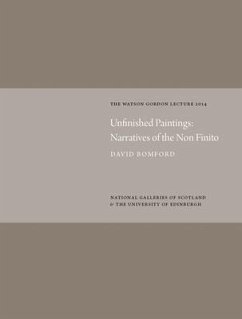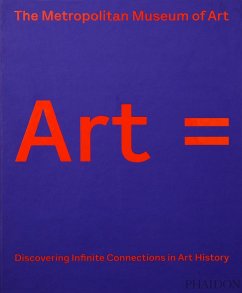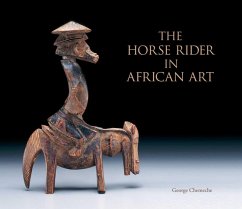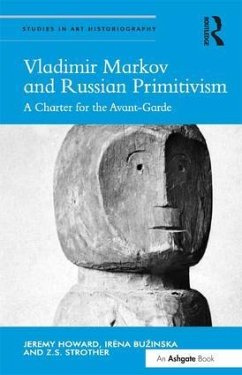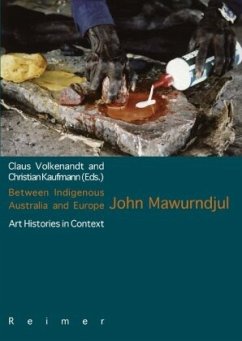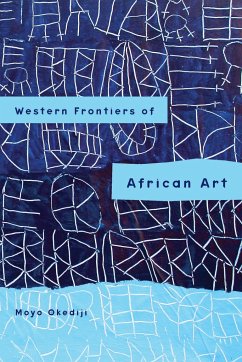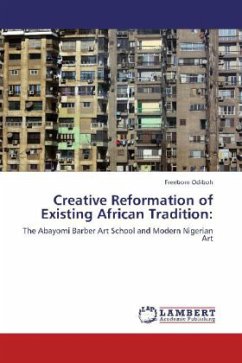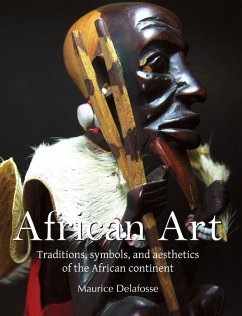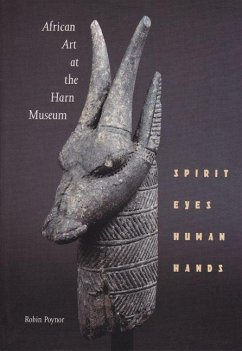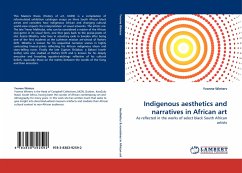
Indigenous aesthetics and narratives in African art
As reflected in the works of select black South African artists
Versandkostenfrei!
Versandfertig in 6-10 Tagen
45,99 €
inkl. MwSt.

PAYBACK Punkte
23 °P sammeln!
This Masters thesis (History of art, UKZN) is a compilation of reformulated exhibition catalogue essays on three South African black artists and considers how indigenous African and changing cultural world-view impacts the interpretation of visual artworks. The artists are: The late Trevor Makhoba, who can be considered a master of the African oral genre in its visual form, one that goes back to the praise-poets of old. Azaria Mbatha, who lives in voluntary exile in Sweden after being one of the first students at the Lutheran mission art-school of Rorke's Drift. Mbatha is known for his sequent...
This Masters thesis (History of art, UKZN) is a compilation of reformulated exhibition catalogue essays on three South African black artists and considers how indigenous African and changing cultural world-view impacts the interpretation of visual artworks. The artists are: The late Trevor Makhoba, who can be considered a master of the African oral genre in its visual form, one that goes back to the praise-poets of old. Azaria Mbatha, who lives in voluntary exile in Sweden after being one of the first students at the Lutheran mission art-school of Rorke's Drift. Mbatha is known for his sequential narrative scenes in highly contrasting linocut-prints reflecting his African indigenous idiom and story-telling roots. Finally the late Cyprian Shilakoe, a Bakoni (north Sotho) who also studied at Rorke's Drift and is known for his deeply evocative and brooding aquatint-etchings reflective of his cultural beliefs, especially those on the realms between the worlds of the living and their ancestors.



